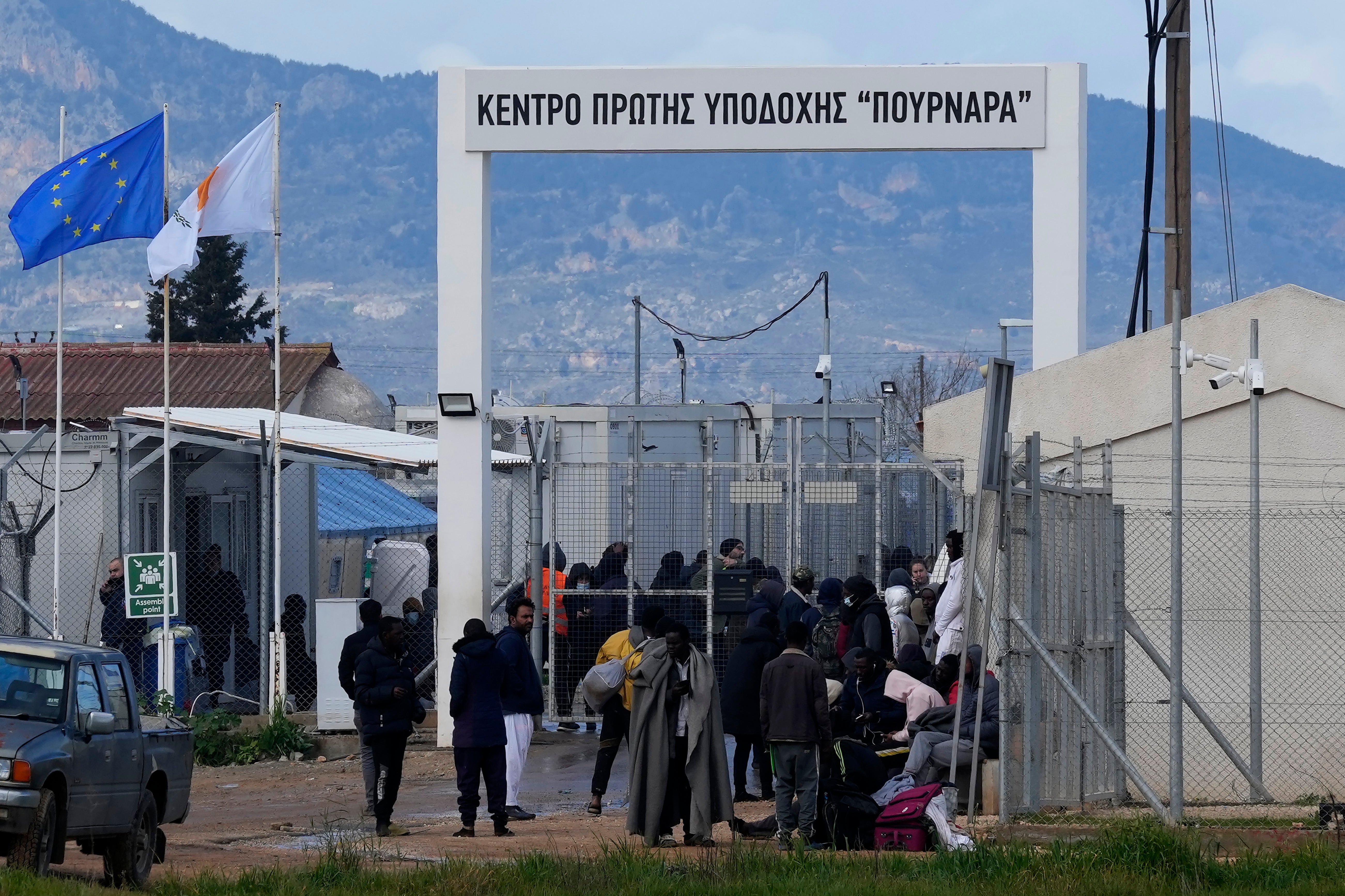EU border agency to help Cyprus with migrant repatriations
The chief of the European Union’s border agency says the repatriation of migrants is Cyprus’ “most urgent need” and his organization is ready to facilitate flights to return individuals who had their asylum claims rejected

The chief of the European Union’s Frontex border agency said Wednesday that the repatriation of migrants is Cyprus’ “most urgent need” and that his organization is ready to facilitate flights to return home people who had asylum claims rejected in Cyprus.
Frontex chief Fabrice Leggeri said after talks Wednesday with Cypriot Interior Minister Nicos Nouris that the small east Mediterranean island nation faces an “extraordinary challenge” that requires “extraordinary support” from Frontex amid increased migrant arrivals that the government says has stretched its ability to cope.
Leggeri said Frontex can bring in consular officials from foreign countries to confirm the identity of migrants and obtain permission to repatriate them. He said the agency can also organize flights directly from Cyprus, or with the assistance of other EU members.
“I realized even more the challenge that Cyprus is facing,” Leggeri said.
Nouris repeated that the vast majority of asylum-seekers reaching the island are channeled through Turkey to the ethnically divided island’s breakaway Turkish Cypriot north.
Some 85% of migrant arrivals cross a porous, United Nations-controlled buffer zone to apply for asylum in the internationally recognized Greek Cypriot south.
Cyprus was split in 1974 when Turkey invaded following a coup aiming at union with Greece. Although Cyprus joined the EU in 2004, only the south enjoys full membership benefits.
Nouris said the EU recognizes the need to take concrete measures to control the flow of migrants across the buffer zone.
Migration pressures will be a key issue when EU Commission Vice President Margaritis Schinas visits Cyprus later this week.
___
Follow all AP stories on global migration at https://apnews.com/hub/migration.
Bookmark popover
Removed from bookmarks